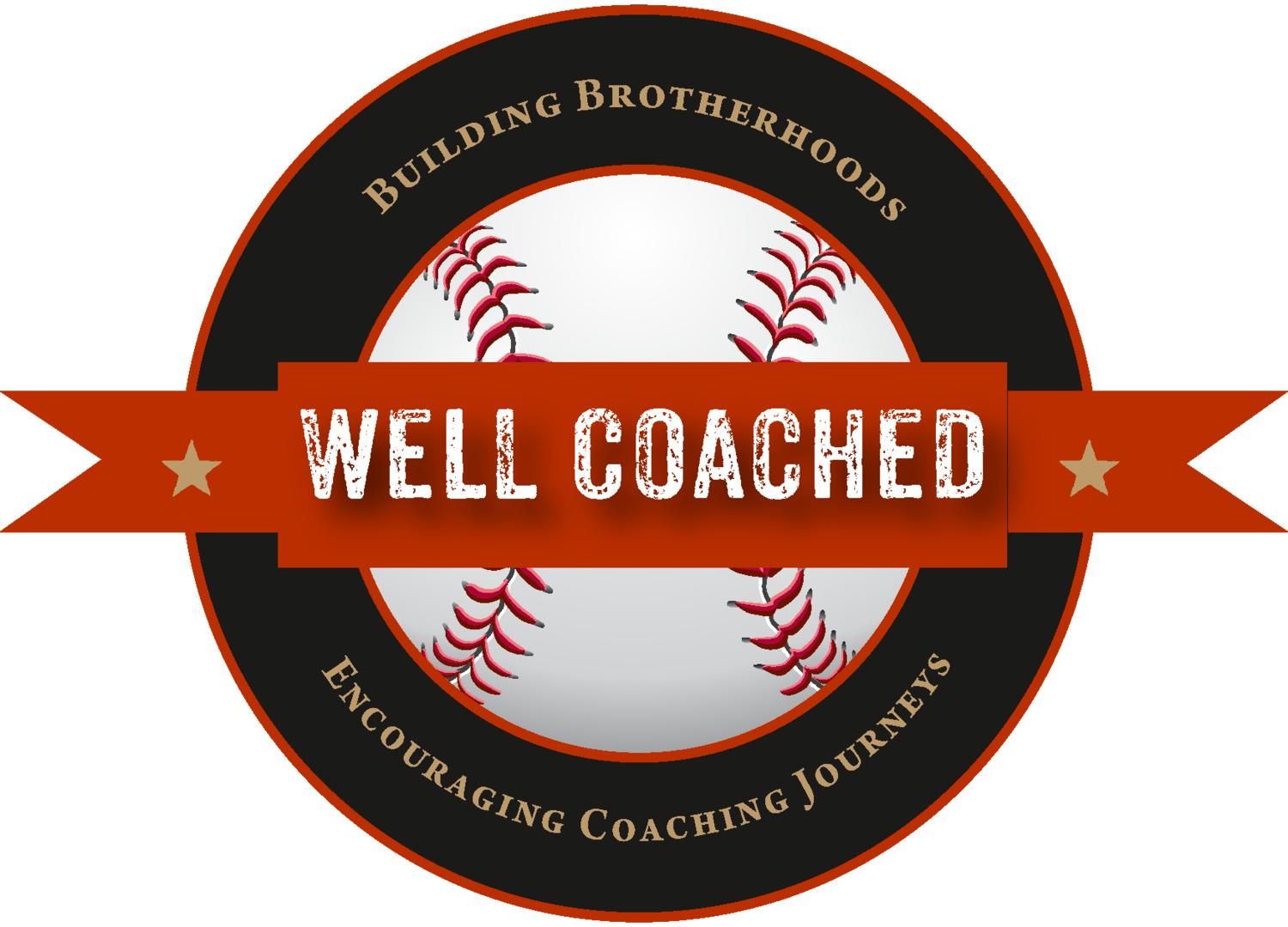Snake or Stick (Bot9 #368)
Imagine you’re on a gravel and stone trail like the one pictured here. Your reaction to the object on the path will be dependent upon your experience. Everyone will approach it with caution, not knowing if it is a stick or a snake. If you’ve never been bit by a snake or even seen a snake on the trail previously, you’ll approach it with more confidence and maybe even remove it from the path. However, if you’ve been bit by a snake while walking on this or any other path previously, you’re likely to retreat in fear. Even In the case of this picture, one of a snake who died and dried up while trying to cross the path, a person may react with a level of fear and trepidation. Our previous experiences color our reactions to present circumstances.
Last Sunday, the Denver Post posted an article titled “Coaches Under Pressure” and highlighted a number of problematic interactions between coaches and parents across the state. Unfortunately, articles like this do little good in terms of helping the culture or restoring it back to health. On either side of the coach or parents in sports argument, there are enough anecdotes shared to make the other side appear to be harmful snakes instead of benign sticks.
I’ve been through a number of very difficult parent issues. One, in particular, caused my principal and athletic director to say, “This is the worst parent situation I have ever seen.” This happened in my third and fourth year as a head coach and really did affect me deeply. It caused me to react in fear every time a parent approached me, called me, or email me. A couple of things kept me going. First, I leaned into my faith and belief that the Lord had called me to coach. He was using these situations as a way to strengthen and refine me. Second, I had to change my perspective. Each of these difficult situations were an opportunity to learn, grow, and refine my craft. As I became more stable and comfortable with my work, I invited the parent community into more and more things. In 2016, we invited the parents and families to come and pray with our team around the mound after the game and stay for the postgame comments as well. I began to gain the ability to coach the parents as well as the athletes. Had I kept shying away from all parents as if they were snakes, I would have missed out on some relationships I still cherish today.
I have no doubt that some of the things in the article are felt as true. We have to realize that we can’t coach the way we were coached. It just won’t work. We have to grow in our leadership. I really respected the comments made by Mike Willahan, former Mountain Vista girls basketball coach. He said, “I was made uncomfortable, and I’d be a hypocrite if I didn’t grow during this process, because I did. It made me a better coach, a more reflective coach, probably a more sensitive coach.” As one of my coaching mentors, Rod Olson, says in his book, The Greatest Motivational Tool, "I can't be a better man and leader if I don't know the truth. You know what they say: A lack of self-awareness is the number one killer of [individuals] today" (p. 83).
I disagree wholeheartedly with the comments made by Troy Pachner who believes the notion and parent/coach conflicts are “part of the future of high school sports.” I believe we have nearly infinite opportunities to improve and we are called to restore the athletic experience for a generation of people. We have to continue to lower the temperature and show people we are in this thing together. If we expect conflict, we see the other side as snakes. If we see this as an opportunity, we can be a magnet for a generation of people.
Last week I was introduced to The Parable of The Donkey, The Tiger and The Lion (click to hear this incredibly valuable story for our time and place in history). As the moral of the story says, “The biggest waste of time is arguing with the fool and fanatic who doesn’t care about truth or reality, but only the victory of his beliefs and illusions. Never waste time on discussions that make no sense. There are people who, for all the evidence presented to them, do not have the ability to understand.”
Jesus expressed the same sentiment in Matthew 7:6 when He said, “Do not give what is holy to dogs, and do not throw your pearls before swine.” Now, we have to be careful in not assuming that all parents are trying to win based on the belief that their son or daughter is the best player in the world. Again, we have to remember not to treat them like donkeys or snakes or dogs or swine. The vast, vast majority of parents just want to know how we are intentionally caring for and developing their kid. We should have an answer for how our efforts with them every day are making them better and explain how we are caring for them in the process. Some situations are hard. They might be behind your best player or playing a supporting role for a time. No matter what, because we are trying to get better every day, we should be able to explain how we’re helping their child get better as well.
Accepting parent (and student-athlete) feedback is our way of exhibiting a growth mindset, creating an environment of psychological safety, and allows us to think like a scientist. For so many of us, that snake in our path represents an obstacle we need to overcome. As author Ryan Holiday says in the title of his book, The Obstacle is the Way. Embrace the feedback as valuable and grow as a result.

